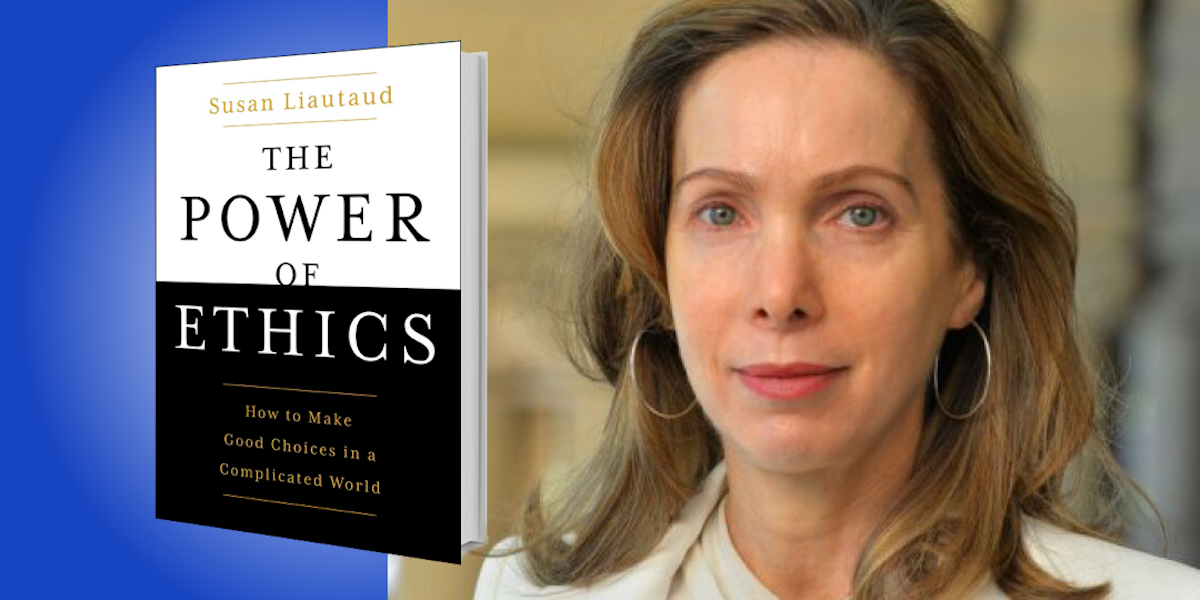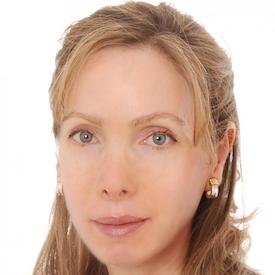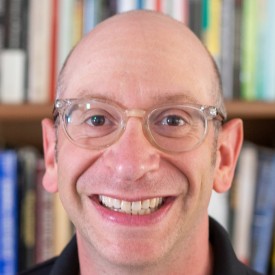Susan Liautaud teaches cutting-edge ethics courses at Stanford University, serves as Chair of Council of the London School of Economics and Political Science, and is the founder of the nonprofit platform The Ethics Incubator. She is also the founder and managing director of Susan Liautaud & Associates Limited, which advises clients from global corporations to NGOs on complex ethics matters.
Below, Susan shares 5 key insights from her new book, The Power of Ethics: How to Make Good Choices in a Complicated World. Download the Next Big Idea App to enjoy more audio “Book Bites,” plus Ideas of the Day, ad-free podcast episodes, and more.
1. Banish the binary.
Ethics are not a yes-or-no question. Some ethical failures are straight-up unacceptable: racism, sexual misconduct, or disregarding science-based advice about COVID-19 prevention, for example. But most ethical challenges today require navigating the gray, rather than just labeling options as right or wrong, ethical or unethical. Banishing simple, binary questions prompts us to ask instead, “When and under what circumstances should we proceed?” Rather than prohibiting or tolerating all gene editing, for example, we should support scientists in determining proper precautions and uses for it.
2. Ethics are democratic.
Power is no longer only concentrated in the hands of a few. Anyone with a cell phone can tutor a child on another continent, run a political campaign, or verify the authenticity of medicine—or distribute false information and incite widespread violence. So every choice matters, from voting or foregoing a plastic water bottle to speaking up against a racist remark. We can all actively choose our ethics and our legacy, rather than passively submitting to whatever trajectory that morally questionable leaders, innovators, and rogue actors define. No president or corporate behemoth can deliver or repair moral decline alone. Ethics require using our power, seizing responsibility, and taking action.
“No president or corporate behemoth can deliver or repair moral decline alone. Ethics require using our power, seizing responsibility, and taking action.”
3. Ethics are contagious.
We see the same news headlines over and over: sexual misconduct, corporate malfeasance, misuse of our data, politicians’ chronic lies, et cetera. We focus on eradicating unwanted behavior, but we often leave what drove the spreading of the behavior to fester and spur further trouble. While we can identify behavior that spreads COVID-19, for example, we have not sufficiently addressed the drivers of the underlying ethics, such as false information, fear, skewed economic incentives, failed leadership, and impunity. In short, the contagion of our ethics is inextricably linked to the contagion of societal challenges. But once we focus on identifying and dismantling these drivers and deploying them for good, we can break the cycle of reading about the same problems over and over.
4. There is no such thing as ethics without truth.
I saw a story of a 69-year-old Dutch man who urged a court to let him change his legal age because he felt like he was 20 years younger. Thankfully, the court declined. Age is a fact, not a feeling or an opinion, and factual accuracy is the scaffolding of our society. It’s the very foundation for human interaction and trust, and our decisions hinge on a truthful assessment of relevant information—for example, we grant privileges such as voting, drinking, driving, and marriage based on accurate age. So today’s assault on truth threatens social relationships, democracy, and even ethics itself. We can do ethics in a world of wishful thinking all we want, but reality’s truth will always come back to bite us—and have a real impact on real people.
“We can do ethics in a world of wishful thinking all we want, but reality’s truth will always come back to bite us.”
5. Ethics can be the greatest risk of our time, or an unprecedented opportunity.
Not integrating ethics into our decisions is the most underestimated global risk we face. It is at the source of so many other risks, from climate change and financial system meltdowns to authoritarian regimes, increasing inequality, and abuse of our private data. Ethics can bring unprecedented opportunity, however—ethical decision-making unites us in a common project of benefiting and protecting humanity, of responsibly improving our communities. It invites us to explore what it means to be human in a technologically-infused world, and to support one another as we build the future together.
For more Book Bites, download the Next Big Idea App today:
































